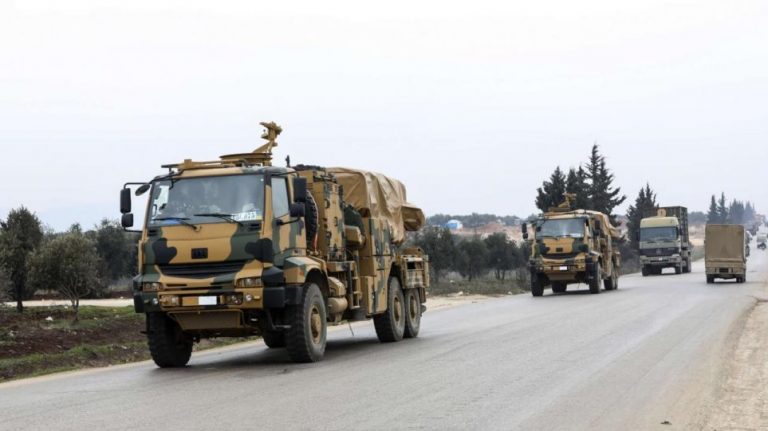Modern Turkey is what is left of the dismembered Ottoman Empire. Since it is composed of a variety of tribes, religions, languages, and ethnicities, it is susceptible to even further disintegration.
Modern Turkey was founded following the abolishment of the last Ottoman Caliphate by Mustafa Kemal Atatürk (the ‘Father of Turks’) in 1924. Atatürk served as President of Turkey from 1923 to 1938 and modernized the country in terms of justice and education; he changed the Turkish alphabet from a modified and difficult to learn Arabic script that few were literate in to a near-universally understood Latin form; and he attempted to introduce a European way of life.
In reality, however, Turkey remained a west Asian, Islamic country that was never able to achieve the European identity that Atatürk dreamed of.
In the last 30 years, Turkey had several opportunities to set a course towards a realistic and stable relationship with the European Union. Western Europeans saw in Turkey a large growing market where they could sell their products and a metropolis of several million Turks who migrated to Europe as cheap labor. Europeans wanted Turkey close, but not in Europe.
PAOK knock out Benfica (2-1) to advance to Champions League play-off round
Video shows refugees setting multiple fires at Moria camp in Lesvos
If Turkey were ever to become an actual EU member, with its 85 million people it would far and away be the largest country in the bloc, with the largest number of members in the European Parliament, which would mean that the Turks would have the highest number of key positions in the Commission and a dominant position in the European Council.
Having wandered between military rulers and authoritarian governments, Turkey has never wanted to build a closer relationship with the EU except in matters that would benefit it economically, but without any concessions towards a Europeanisation of the country. The military was always obstructing the integration process because closer ties to Europe would imply more democracy in the country and, as a result, a curtailing of the military’s powers.
Turkey’s business elite opposes any closer ties with the European Union because it would imply substantial reforms when it comes to the primitive labor relations that give competitive advantages to Turkish exporters.
Read more: New Europe
Ask me anything
Explore related questions





